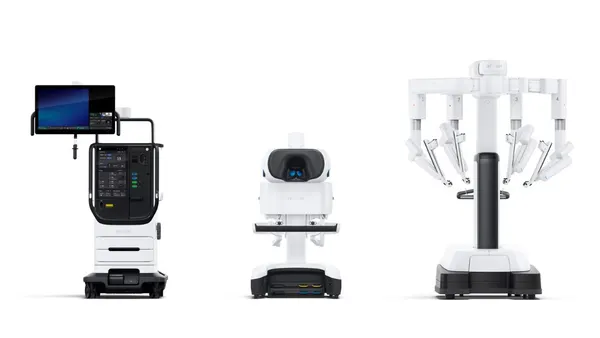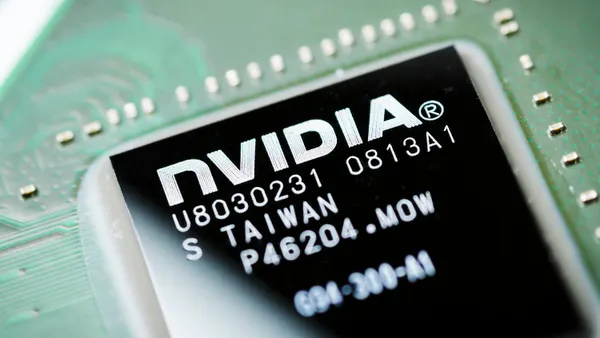Dive Brief:
-
FDA has approved a version of Genentech's immunosuppressant Actemra that is delivered via a prefilled autoinjector pen.
-
The approval gives patients with conditions including rheumatoid arthritis access to a new, potentially more convenient form of Actemra that delivers a dose of the drug at the push of a button.
-
Roche's Genentech has sold an intravenous infusion formulation of Actemra in the U.S. since 2010, but it lacked a version with the ease of use factors that spurred development of pen forms of Bristol-Myers Squibb's Orencia, Johnson & Johnson's Simponi and AbbVie's Humira.
Dive Insight:
Autoinjectors enable patients to more easily self-administer medications than is possible with other delivery methods like infusions, which can last an hour or more and take place at healthcare facilities, or pre-filled syringes, which enable patients to self-administer medicines quickly at home but require getting the hang of injecting with a traditional needle.
In contrast, autoinjectors hide the needle and equip patients to take their medicine by pressing the device against the skin and pushing a button. The attractiveness of the format to patients has led many of the leading rheumatoid arthritis players to develop autoinjector versions of their drugs.
Following a successful review by FDA, Genentech has added Actemra to the list of drugs available in the autoinjector form. The approval covers a pen form of Actemra, called ACTPen, in adults with moderate-to-severe active rheumatoid arthritis or giant cell arteritis. FDA has also cleared the pen for use in children with active polyarticular juvenile idiopathic arthritis or active systemic juvenile idiopathic arthritis, providing the caregiver, not patient, administers the drug.
Genentech picked up the approvals on the strength of data from two clinical trials. One study tested the autoinjector and pre-filled syringe versions of Actemra in 165 healthy volunteers to show the new formulation is bioequivalent to the existing product. The study found the autoinjector pen has a comparable safety profile to the syringe and caused minimal injection-site pain.
The second clinical trial assessed the ability of patients, non-professional caregivers and healthcare professionals to use the autoinjector. By the third visit, 98.1% of users correctly performed all essential tasks involved in administering the medicine.
Having brought the autoinjector through the study and picked up the FDA approvals, Genentech has gained a way to fuel the continued growth of Actemra. Double digit constant currency growth drove sales of the drug over the first nine months of the year up to $1.6 billion.
Correction: A previous version of this article misidentified the maker of Humira. It is AbbVie.












